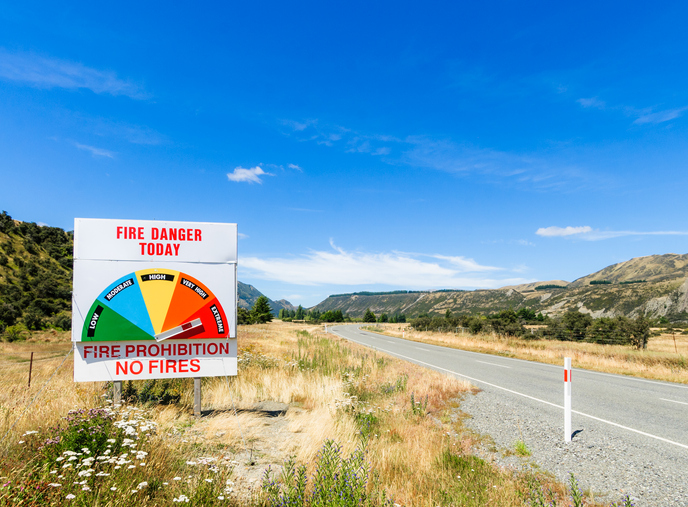Local Government New Zealand (LGNZ) President, Stuart Crosby, has called for greater clarity for councils following the release of the Government’s National Adaptation Plan (NAP) to address the harmful impacts of climate change.
“We are really pleased that the Government’s listened to local government by making it clear that managed retreat is one of a suite of adaptation options,” said Mr Crosby.
“We are, however, none the wiser on what levers and tools central government’s planning to use in the short to medium term to protect residents living in high-risk areas.
“We need immediate measures because waiting for broader system reform to bed in, which could take up to 10 years, is just not an option. Councils know what levers and tools are needed now, so central government must work with us.
“Until now, there has been no national direction, so councils have decades of experience in making their own decisions.”

Mr Crosby said there were a number of other options such as building protective structures, nature-based solutions, and making buildings and structures safer and more resilient to save residents from the traumatic experience of retreating.
“We urge the government to allow councils to lead the work to develop a practical adaptation and managed retreat framework to give at-risk communities the certainty they need,” he said.
“The local government sector has been advocating for a long time to ensure that the Government uses managed retreat as the last resort.
“Managed retreat is a useful tool in the toolkit but it would be naïve to think that it’s the best solution for all at-risk communities.
“We told Government, in our submission to the draft National Adaptation Plan, that we need to be working with communities to identify appropriate solutions to the risks they face.
“Every day councils are dealing with the effects of climate change including more frequent extreme weather events. It would be remiss of the Government to ignore the expertise that exists within councils as they start to implement the NAP and develop the Climate Adaptation Act,” Mr Crosby said.
Measures outlined in the Government’s plan include providing online information about local climate risks, helping home buyers avoid natural hazards, embedding climate adaptation into policies across Government, supporting Māori-led approaches to adaptation planning, and protecting at-risk cultural sites and communities.
Climate Change Minister, James Shaw said it was crucial that communities be provided with the tools to prepare for climate events before they occur.
“It will always be much more cost effective to invest early in climate resilience than to live with the costs of inaction,” said Mr Shaw.
“The National Adaptation Plan brings together more than 120 actions that together provide a blueprint for more resilient communities, where everything from our homes to the way we grow our food is protected from the worst effects of climate change.”



